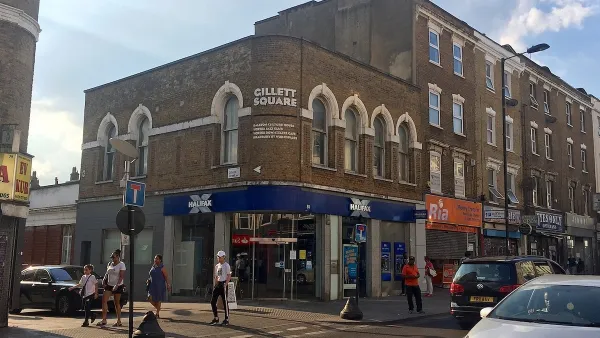Russia's economic transformation due to its oil wealth is well-known, but not so the state of its public health which shows an alarming contrasting picture.
"Russia's per capita income level has risen by about 80 percent over the past decade (thanks largely to the oil and gas boom, yet Russia is in the midst of a genuine demographic disaster from which its rulers have no obvious exit strategy. The human foundations of the Russian nation - the ultimate sources of the country's wealth and power - are in increasingly parlous straits.
Despite net immigration since the end of Communism, the Russian Federation's population is nearly seven million people smaller today than at the start of 1992. In the post-Soviet era, Russia has seen three deaths for every two births.
In 2006, overall life expectancy in Russia, at fewer than 67 years, was actually lower than it had been at the end of the 1950s, nearly half a century earlier. For a literate, urbanized society during peacetime, such a monumental public health failure is an extraordinary historical anomaly."
FULL STORY: Op-Ed: Rising Ambitions, Sinking Population

Maui's Vacation Rental Debate Turns Ugly
Verbal attacks, misinformation campaigns and fistfights plague a high-stakes debate to convert thousands of vacation rentals into long-term housing.

Planetizen Federal Action Tracker
A weekly monitor of how Trump’s orders and actions are impacting planners and planning in America.

Chicago’s Ghost Rails
Just beneath the surface of the modern city lie the remnants of its expansive early 20th-century streetcar system.

Bend, Oregon Zoning Reforms Prioritize Small-Scale Housing
The city altered its zoning code to allow multi-family housing and eliminated parking mandates citywide.

Amtrak Cutting Jobs, Funding to High-Speed Rail
The agency plans to cut 10 percent of its workforce and has confirmed it will not fund new high-speed rail projects.

LA Denies Basic Services to Unhoused Residents
The city has repeatedly failed to respond to requests for trash pickup at encampment sites, and eliminated a program that provided mobile showers and toilets.
Urban Design for Planners 1: Software Tools
This six-course series explores essential urban design concepts using open source software and equips planners with the tools they need to participate fully in the urban design process.
Planning for Universal Design
Learn the tools for implementing Universal Design in planning regulations.
planning NEXT
Appalachian Highlands Housing Partners
Mpact (founded as Rail~Volution)
City of Camden Redevelopment Agency
City of Astoria
City of Portland
City of Laramie





























